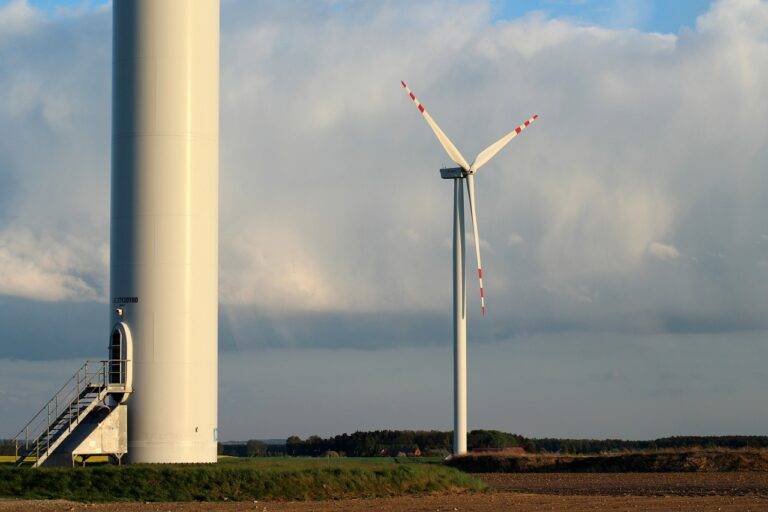Biotechnology and Tech: A Convergence of Fields
Biotechnology and technology are two distinct fields that have seen significant advancements in recent years. While biotechnology focuses on using biological systems and living organisms to develop products and technologies, technology encompasses a wide range of tools, techniques, and applications that enhance human capabilities and improve efficiency.
The Intersection of Biotechnology and Technology
At their intersection lies a convergence of innovation and potential. Biotechnology has greatly benefited from technological advancements, enabling scientists and researchers to manipulate genetic material, analyze complex biological data, and develop cutting-edge medical treatments and therapies. Similarly, technology has been influenced by biotechnological principles, leading to the development of new materials, devices, and processes inspired by nature.
Applications in Healthcare
One of the most prominent areas where biotechnology and technology converge is in healthcare. From personalized medicine and genetic testing to advanced imaging techniques and medical devices, the integration of biotechnology and technology has revolutionized the diagnosis, treatment, and management of diseases. For example, precision medicine leverages genetic information and data analytics to tailor medical treatments to individual patients, improving efficacy and reducing adverse effects.
Biomedical Engineering
Biomedical engineering is another field that exemplifies the convergence of biotechnology and technology. Biomedical engineers utilize principles from biology, chemistry, and engineering to design and develop medical devices, prosthetics, and diagnostic tools. Advances in materials science, nanotechnology, and 3D printing have enabled the creation of sophisticated medical implants and wearable devices that monitor vital signs, deliver drugs, and assist with rehabilitation.
Environmental Sustainability
Biotechnology and technology are also instrumental in addressing environmental challenges and promoting sustainability. Bioremediation, for instance, involves using biological agents to clean up pollutants and contaminants in the environment, while technologies such as remote sensing and geographic information systems (GIS) enable monitoring and management of natural resources. Additionally, biologically inspired innovations, such as biomimicry and biofabrication, offer sustainable solutions for design and manufacturing processes.
Agricultural Innovation
In agriculture, the convergence of biotechnology and technology has led to significant advancements in crop improvement, pest management, and sustainable farming practices. Genetically modified organisms (GMOs) and gene editing technologies, such as CRISPR-Cas9, allow for precise manipulation of plant genomes to enhance traits such as yield, drought tolerance, and nutritional content. Furthermore, precision agriculture utilizes data analytics, sensors, and automation to optimize resource usage and increase productivity.
Challenges and Ethical Considerations
Despite the promising potential of biotechnology and technology convergence, there are ethical, social, and regulatory considerations that must be addressed. Concerns regarding data privacy, genetic discrimination, and environmental impacts necessitate thoughtful and responsible development and implementation of biotechnological and technological solutions. Additionally, equitable access to emerging technologies and consideration of their societal implications are essential for ensuring their benefits are widely shared.
Conclusion
The convergence of biotechnology and technology represents a powerful force for innovation and progress across various fields. From healthcare and biomedical engineering to environmental sustainability and agriculture, the integration of biological and technological principles offers solutions to some of the most pressing challenges facing society. By fostering interdisciplinary collaboration and embracing ethical considerations, we can harness the full potential of biotechnology and technology to create a brighter and more sustainable future.
FAQs
Q: What are some examples of biotechnological applications in healthcare?
A: Examples include gene therapy, stem cell therapy, personalized medicine, and biopharmaceuticals.
Q: How is biotechnology used in agriculture?
A: Biotechnology is used in agriculture for crop improvement, pest and disease management, and the development of genetically modified crops with desirable traits.
Q: What are some ethical considerations related to the convergence of biotechnology and technology?
A: Ethical considerations include data privacy, genetic discrimination, environmental impacts, and equitable access to emerging technologies.





